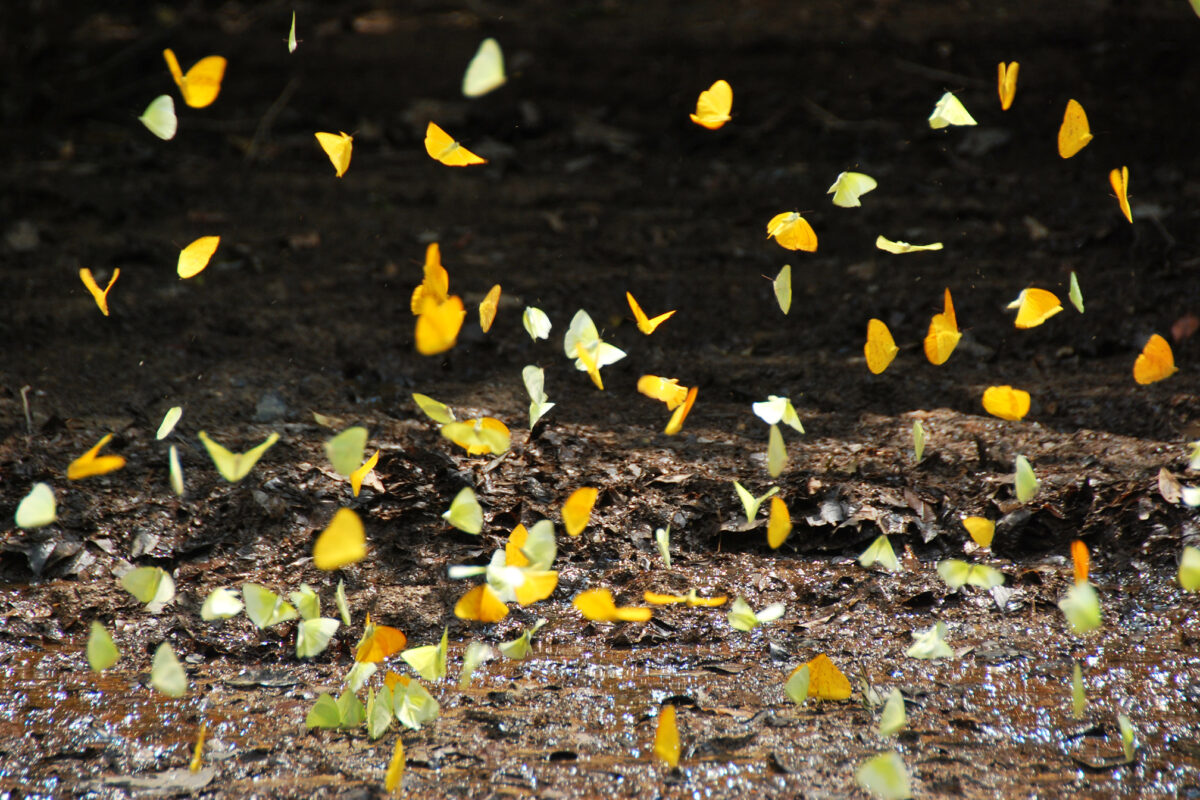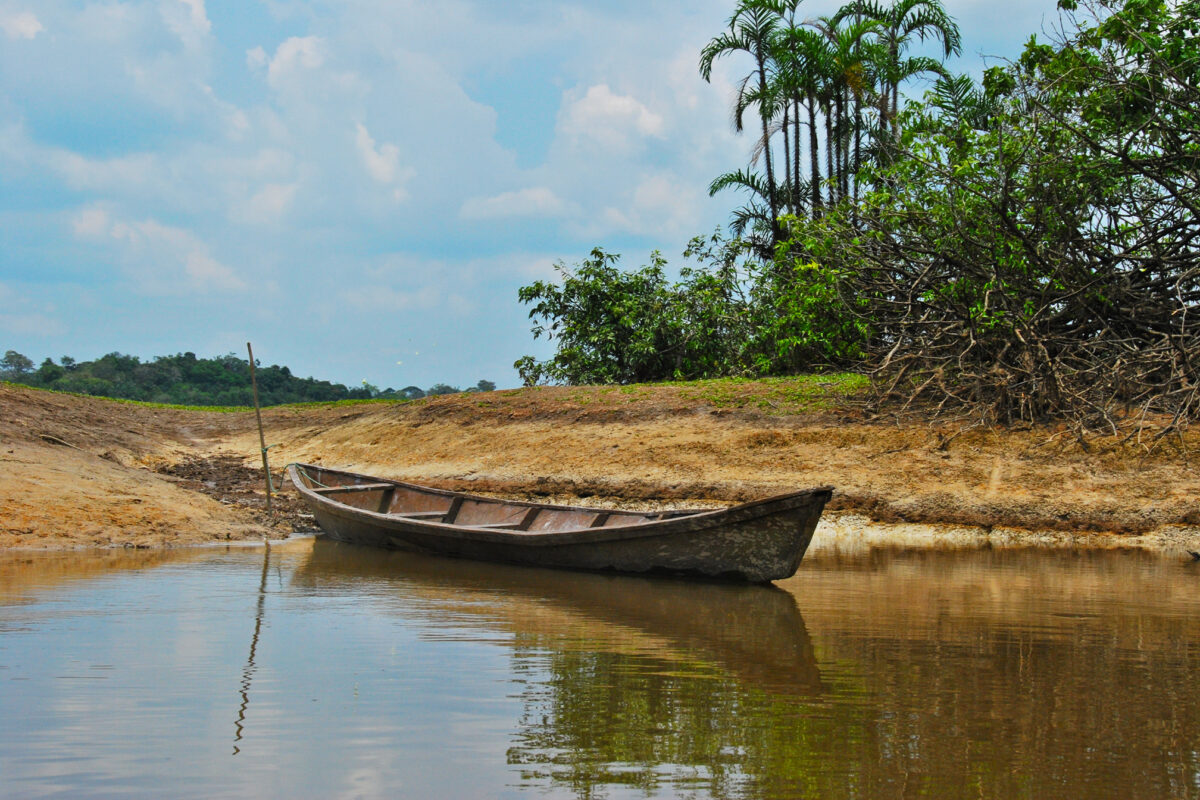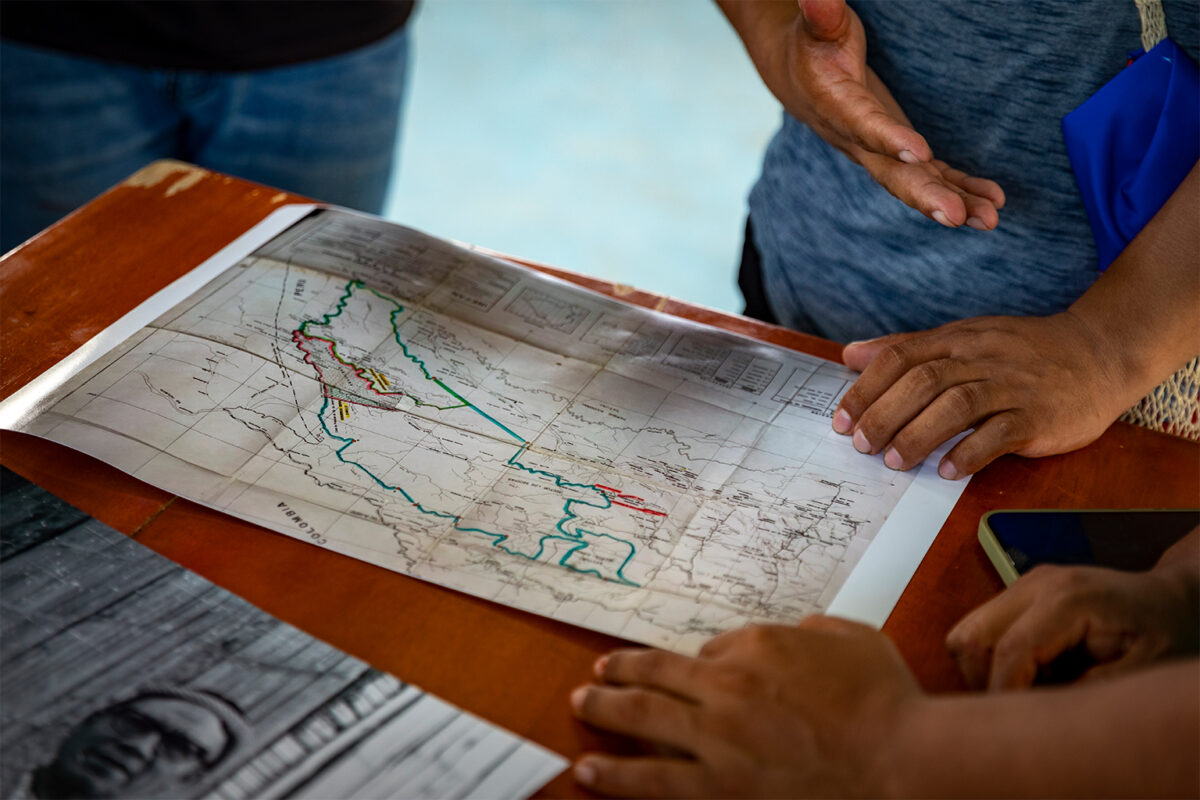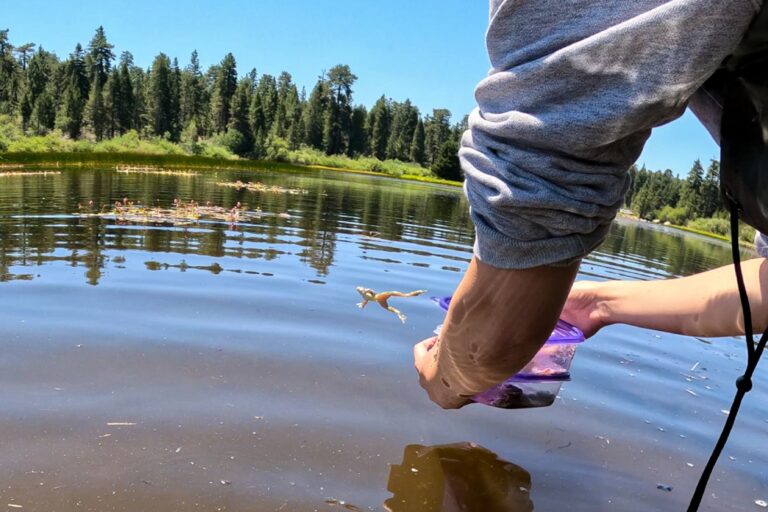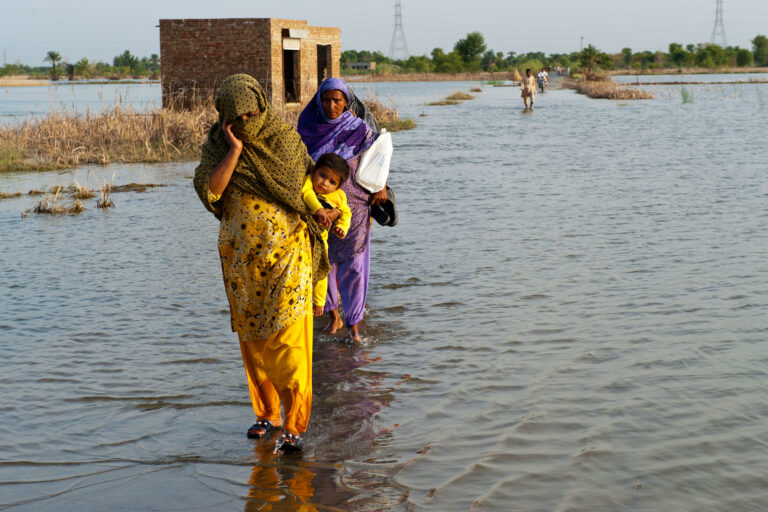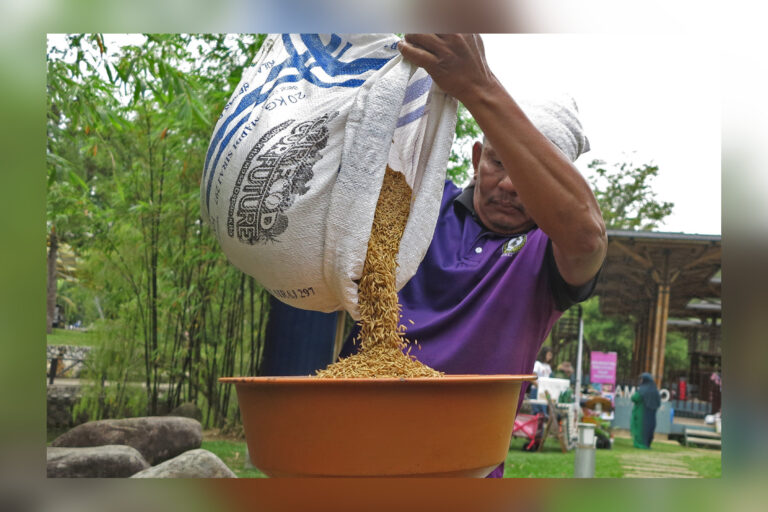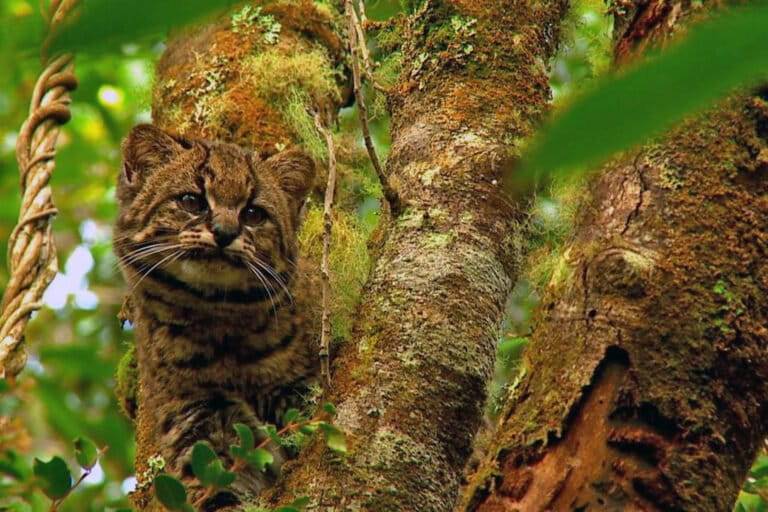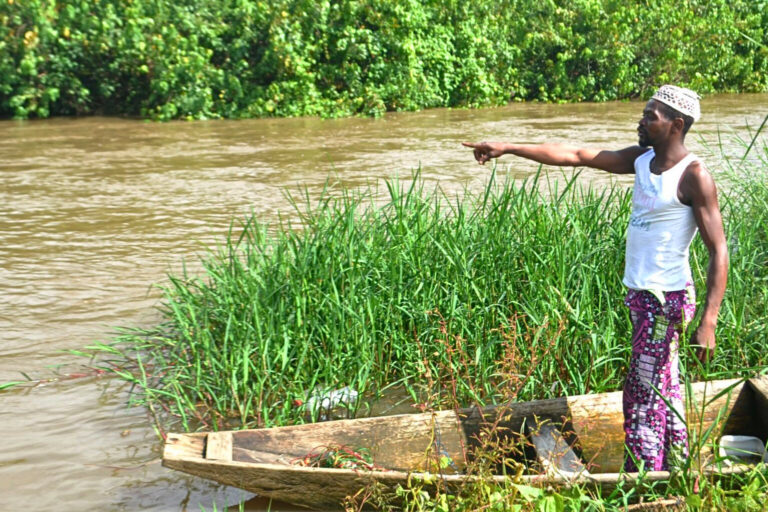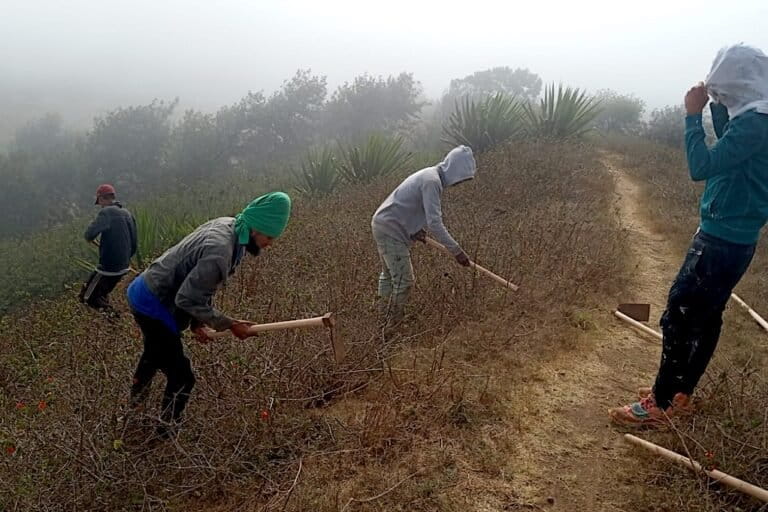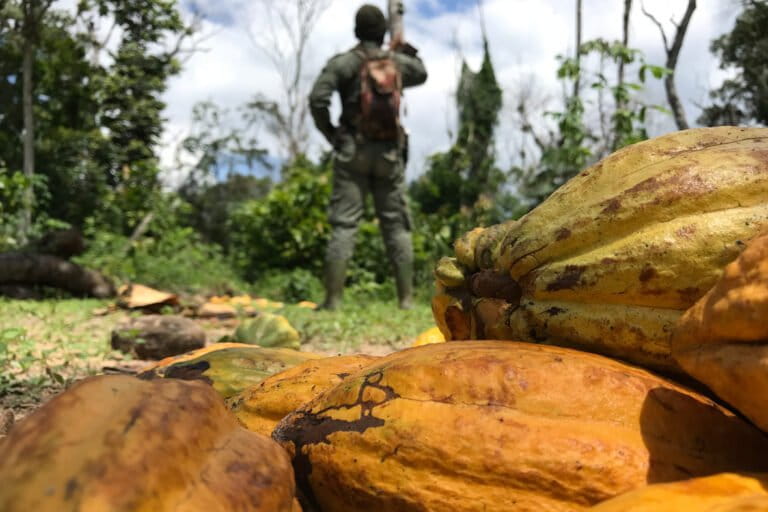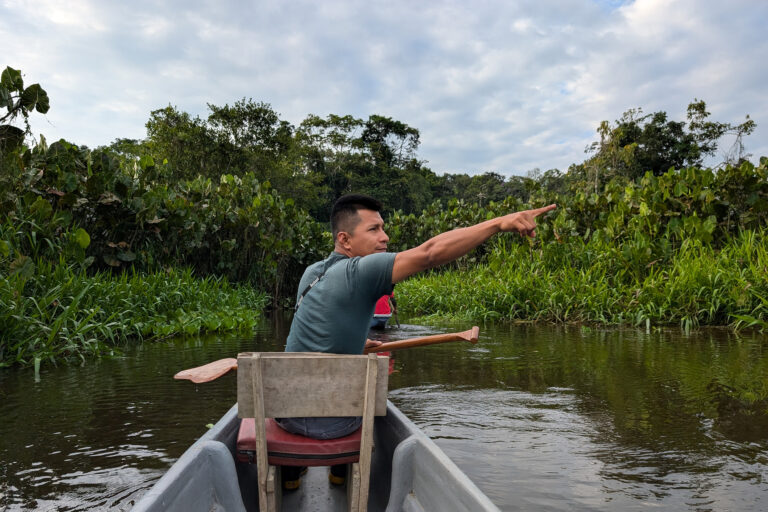- The RSPO ordered Goodhope to freeze its operations in Indonesia earlier this month amid allegations of land grabbing and forest destruction.
- Goodhope said recently that it needed more time than the RSPO had given it to bring its operations into compliance with the roundtable’s standards.
- The company says it is working with credible auditors to conduct new assessments of its concessions, after the RSPO deemed previous audits the firm had commissioned as lacking in credibility.
A month after the world’s largest sustainable palm oil association took action against one of its most prominent members, Goodhope Asia Holdings, over failures to comply with its standards on new planting, doubts remain over the future of their relationship.
On Apr. 28, the Complaints Panel of the Roundtable on Sustainable Palm Oil (RSPO) wrote to the Singapore-based company calling for work to be frozen on seven concessions in Indonesia as a result of “poor quality” audits and insufficient documentation, which fell short of the requirements of the body’s New Planting Procedures.
Issues reportedly included failures to protect areas of high conservation value, such as primary forests; to identify how the company had negotiated with local communities to use their land; and to submit documentation identifying land converted from forest to palm.
The RSPO said the action was taken as a “precautionary measure,” as it set out a series of deadlines for Goodhope to re-do crucial land assessments and submit new documents.
In what was heralded by environmental groups as a rare move from an association often accused of failing to uphold its own sustainability standards, the RSPO warned Goodhope that any deviation from this timeline would “be viewed severely and may lead to suspension and eventual termination of membership.”
However, in a progress update sent to stakeholders earlier this month, Goodhope suggested that it would not be able to meet all the deadlines.
“Goodhope has been trying to expedite the works to meet all the necessary requirements as set by the RSPO. However, due to some challenges in the availability of credible partners and the religious festivities of Ramadan and Eid Mubarak in June the completion of necessary reports and documents will have to take [a] longer time,” the company wrote.
It added that its officials would meet with the RSPO on May 26 to “amend the time-bound plan to adjust with the field reality.”
On the eve of the reported meeting, RSPO communications chief Stefano Savi said there had been no communication with Goodhope since the roundtable called for the freeze.
“Only the Complaints Panel [CP] can decide on any active complaints. The parties in the complaint will direct any requests to the CP, via the secretariat. No such request has been received to date by the Secretariat,” he confirmed.
Savi told Mongabay that the RSPO was continuing to “measure progress based on the milestones and timeline that have been established,” and that “any variation to these” could lead to further action, including suspension or termination.

But despite the conflicts over the deadlines, Goodhope insists that it is committed to remaining a member of the multistakeholder organization.
Goodhope will showcase “stronger sustainability credentials in time to come. So far we are on track with our commitments,” said Sustainability Director Edi Suhardi, who has temporarily suspended himself from all positions within the RSPO — including vice president of the body — until the issue is resolved.
Following the freeze on the seven concessions — Goodhope operates a total of 15 in Indonesia, all on the island of Borneo and in the Nabire district of Papua province — the company launched a new sustainability policy, announced plans to release a fully traceable supply chain, and said it was working with credible auditors to conduct new assessments.
The company also said it had made progress in its land dispute with the indigenous Yerisiam community on its PT Nabire Baru concession, which has been described by watchdog awas MIFEE as “possibly the most controversial plantation in Papua” amid allegations of grabbing ecologically important forestland held sacred by the community.
Indigenous rights NGO Pusaka confirmed that it had met with Goodhope to discuss the dispute, and was working towards a resolution.
Pusaka Director Franky Samperante stressed that the precautionary action taken by the RSPO against Goodhope does not solve the demands of the Yerisiam community, who are urging the company “not to expand their land and not to do forest clearing anymore.”

In the case of Nabire Baru, Audrey Versteegen, a forest campaigner with the Environmental Investigation Agency (EIA), a London-based NGO, said the RSPO’s action had come “a little too late,” as the company “is already in open conflict with local communities and has already clear-cut a significant area of primary forests and peatland.”
However, she said the decision to freeze Goodhope’s operations had “reassured us that the RSPO Secretariat may still at times be willing to make the right decision in order to ensure the implementation of its standard.”
Versteegen added that the EIA does not believe the deadlines set by the RSPO were unrealistic, but said it is “ultimately the decision of the RSPO Secretariat whether they will accept yet more excuses from one of their private sector members.”
Meanwhile, Greenpeace said Goodhope “only has itself to blame for these tight deadlines.”
“No responsible company should be buying Goodhope’s palm oil and it should remain suspended until it has met RSPO’s deadlines and started restoring the forest it destroyed. The longer it takes to meet the RSPO’s deadlines, the longer it should be locked out of the market,” the NGO added.
Banner image: A praying mantis on a pink leaf in Indonesia’s easternmost Papua province. Photo by Rhett A. Butler/Mongabay.
FEEDBACK: Use this form to send a message to the author of this post. If you want to post a public comment, you can do that at the bottom of the page.


